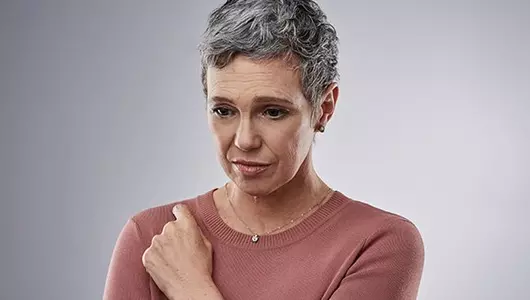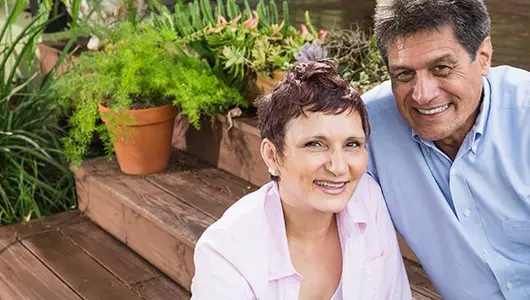
Coping with survivor's guilt after treatment
Among the many emotions you may feel after finishing cancer treatment, one can be especially surprising: guilt. Learn what others have found helpful in dealing with guilt after cancer treatment.










1900 South Ave.
La Crosse, WI 54601